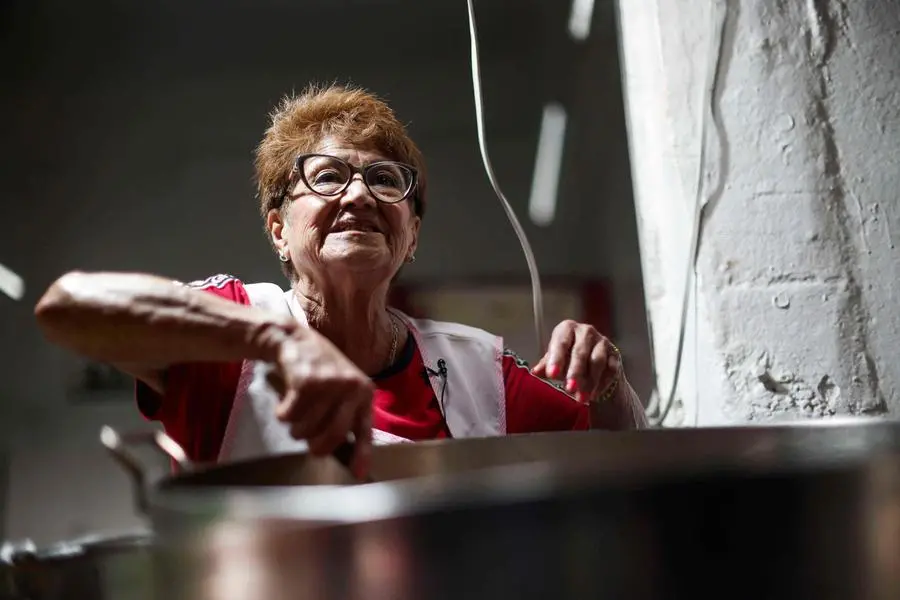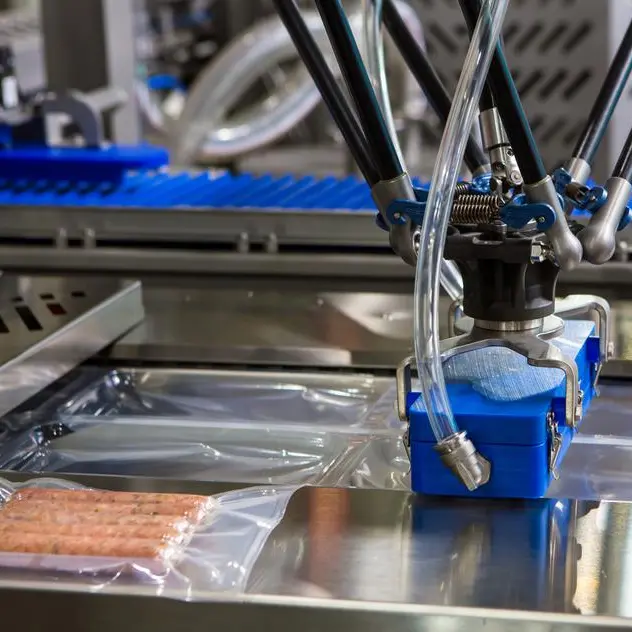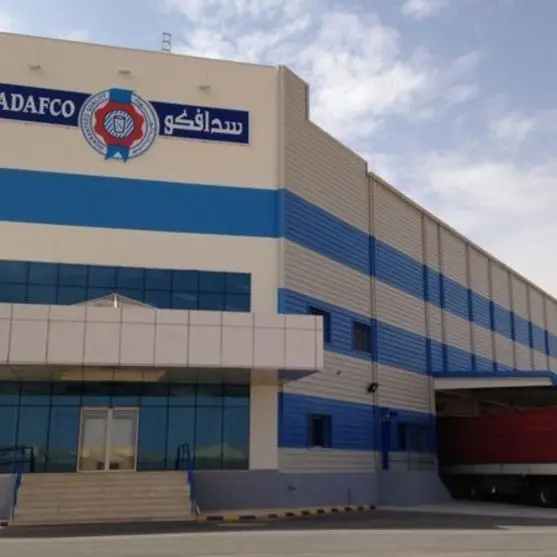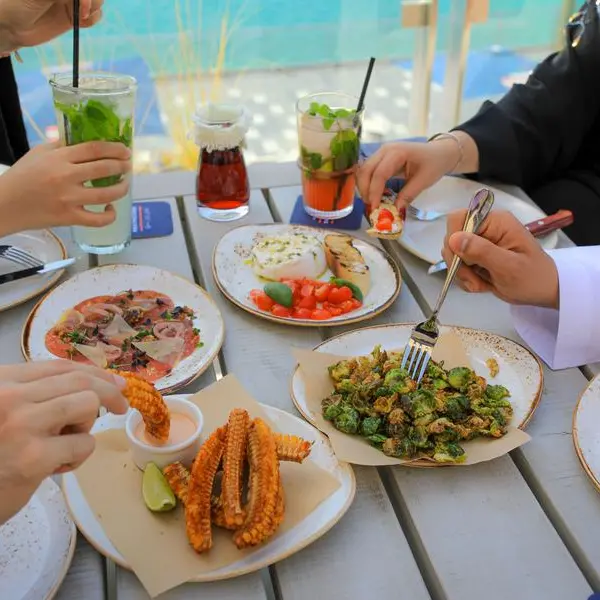PHOTO
Chopping meat and offal at her street food stall in one of Mexico City's roughest neighborhoods, Maria del Pilar Cortes is a rare sight in the capital's male-dominated taco world.
The 75-year-old and her sister are among the few women who dedicate themselves to preparing the street-food favorite devoured by millions every day.
"We grew up here, and I think that's why it isn't hard for us," she said in front of a large pan where meat, intestines and other offal are cooked at their restaurant Las Corazonas.
Cortes skilfully wields a meat cleaver to chop up the contents for the corn tortillas she sells in the Tepito district, following in the footsteps of their mother, who did the same work.
"I'm proud to know that we as women are entrepreneurs and an example for many women," said Cortes' sister, Maria Guadalupe.
The 70-year-old is in charge of going out every day at dawn to buy dozens of kilos of meat.
"Any woman can do it," she said.
Mexico City boasts 11,000 taco restaurants, according to a map created by geographer Baruch Sangines based on data from national statistics agency INEGI.
Some 94 percent of the capital's 9.2 million inhabitants live less than five minutes from a taco stand, according to Sangines.
- 'Don't give up' -
As a whole, the country has more than 90,000 taco stands and restaurants -- but in all of them, only a small minority have women cooks.
Instead, it is more common to see them preparing other types of street food such as quesadillas -- tortillas with cheese and other fillings.
David Perez, who has prepared tacos for decades in Mexico City, said the weight of the meat cleaver puts many women off.
"They get tired. I think that's why," the 45-year-old said.
Sangines thinks it is more to do with custom and tradition.
In the south of Mexico City, several women behind a large griddle and surrounded by a cloud of steam prepared meat at the taco restaurant Las Munecas.
Co-owner Teresa Hernandez said that her mother started the business in 1985 to help her husband pay the bills and raise their seven children.
At first, her mother sold quesadillas and other fast food, before deciding to venture into the world of tacos.
"When she began to make the transition to tacos, people suggested that she bring in men" because "everything was going to be heavier," Hernandez said.
"But my mother said she wouldn't get rid of any of her girls for a man," she added.
In total, 23 women work for the restaurant, with schedules that allow them to take their children to school.
"My mother always sought to protect women," Hernandez said.
At the sisters' taco stand in Tepito, Maria Guadalupe Cortes has a message for other women thinking of trying to break into the male-dominated world, urging them to "just keep going -- and don't give up."
jg-dr/mdl





















